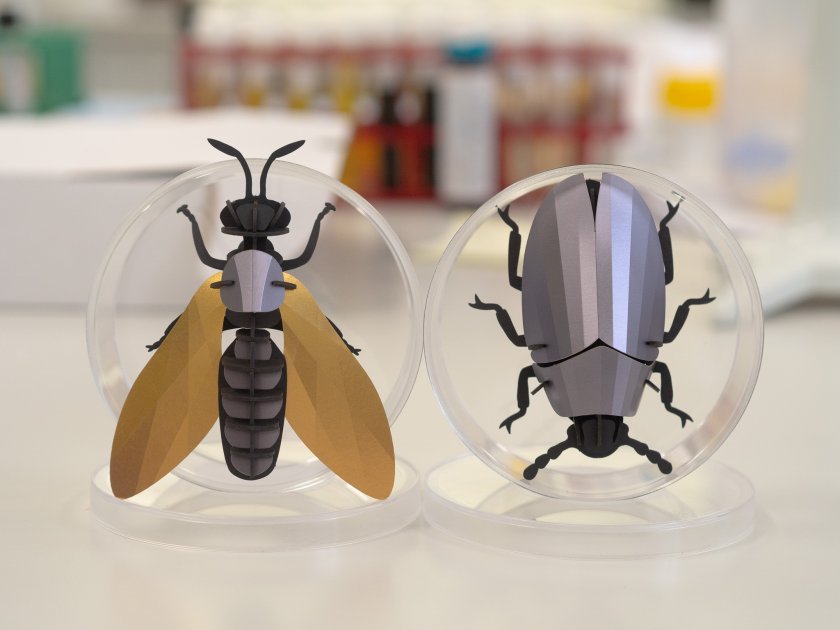
category_news
Use of insecticides hinders the introduction of alternative protein sources
In the European Union, insects such as black soldier fly larvae and small mealworm are an alternative protein source in food and feed. These insects grow on so-called feed substrates that may contain insecticide residues. In his dissertation 'Effects of dietary exposure to insecticide residues on Hermetia illucens and Alphitobius diaperinus reared for food and feed', Nathan Meijer discusses the consequences of these pesticide contaminations on the production of these alternative protein sources. Meijer will receive his PhD on October 13, 2023.
Legal standards and 'cocktails'
Legal standards have been established for the permissible concentrations of insecticides in animal feed. However, Meijer states in his dissertation that even if these standards are complied with, there may still be adverse consequences for the production of the black soldier fly and the small mealworm. He saw that exposure to insecticide concentrations below these legal limits can lead to increased mortality and lower growth and therefore lower yields of the two insects.
These effects are enhanced by the presence of several pesticides in the feed ('cocktails'), even at lower concentrations than legally permitted. Transfer of insecticides from substrate to the insects can also cause a food safety problem because the levels in the insects can exceed the legal limits for that type of product.
Breeding companies and the government must join forces
In his dissertation, Meijer calls for more research into the effects of insecticides that can often occur (together). In addition, insect breeding companies and the government must join forces to arrive at legal limits that are more suitable for this sector.
